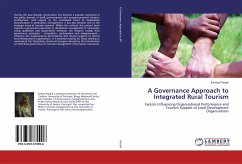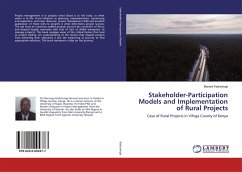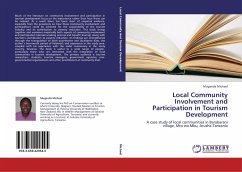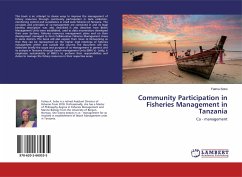During the past decade, governance has become a popular buzzword in the policy domain of both governmental and nongovernmental rhetoric. Furthermore, with regard to the worldwide trend of stakeholder diversification in destination management, it has also become one of the strategic areas of tourism research. Within this context, the present book explores a governance approach to destination management in rural areas. Using qualitative and quantitative methods, the research reveals how governance principles - integration, participation and empowerment - influence the organisational performance and tourism support of diverse local development organisations. It is essential reading for those seeking to understand the fascinating structural changes induced by the introduction of multi-level governance on tourism management of European rural areas.
Bitte wählen Sie Ihr Anliegen aus.
Rechnungen
Retourenschein anfordern
Bestellstatus
Storno








